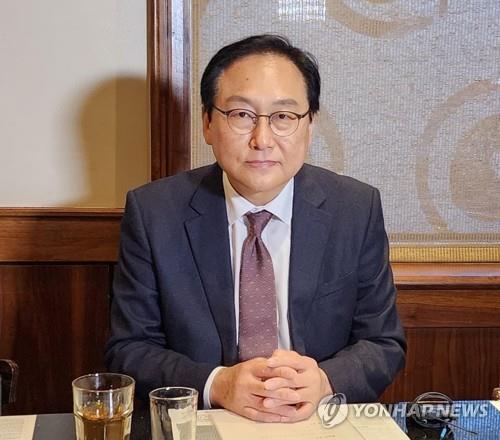- California Assembly OKs highest minimum wage in nation
- S. Korea unveils first graphic cigarette warnings
- US joins with South Korea, Japan in bid to deter North Korea
- LPGA golfer Chun In-gee finally back in action
- S. Korea won’t be top seed in final World Cup qualification round
- US men’s soccer misses 2nd straight Olympics
- US back on track in qualifying with 4-0 win over Guatemala
- High-intensity workout injuries spawn cottage industry
- CDC expands range of Zika mosquitoes into parts of Northeast
- Who knew? ‘The Walking Dead’ is helping families connect
U.S. plans up to 43.5 pct anti-dumping tariff on S. Korean aluminum extrusion
The United States has made a preliminary decision to impose up to a 43.5 percent anti-dumping tariff on aluminum extrusion imports from South Korea, officials said Friday.
The U.S. Department of Commerce plans to impose 2.42 percent anti-dumping tariffs on aluminum extrusion produced by Shinyang Metal and 43.56 percent on other firms that have not responded to its investigation, according to the Ministry of Trade, Industry and Energy.
The rate for ALMAC Co., another South Korean company, was set at zero.
The announcement came after the U.S. department launched an investigation into aluminum extrusion imports from 15 countries in October, following the petition from the U.S. Aluminum Extruders Coalition and the United Steelworkers Union.
“As the preliminary decision sets relatively lower anti-dumping margins on aluminum extrusion compared to other rivals, the move is anticipated to have only a limited impact on the sector,” the industry ministry said in a statement.
The U.S. department set anti-dumping tariffs of up to 376.85 percent and 82.03 percent on imports from China and Mexico, respectively.
The ministry added it will continue to closely monitor the decision’s potential impact on the market.
The commerce department will issue its final verdict in September, followed by the U.S. International Trade Commission’s final decision on the industry impact in November.
In March, Trade Minister Cheong In-kyo sent a letter to the U.S. commerce secretary and engaged in various high-level discussions to convey Seoul’s concerns.












